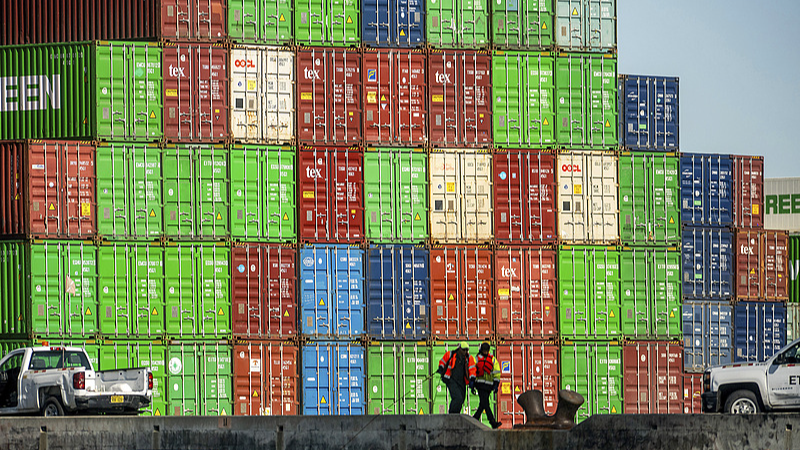This week, aggressive U.S. tariff policies sent shockwaves through global markets, triggering severe sell-offs and igniting widespread international backlash. Wall Street experienced one of its worst days in years as key indices plunged. The Nasdaq Composite slipped into bear market territory with more than a 20% decline from its recent highs, while the Dow Jones Industrial Average and S&P 500 also registered sharp drops.
Major companies such as Apple, Walmart, and Nike felt the immediate impact, highlighting the vulnerability of global supply chains, particularly those tied to manufacturing in the Chinese mainland. The downturn was not confined to U.S. borders; financial markets in Asia and Europe also recorded significant losses, reflecting growing concerns over escalating trade tensions.
The international response was swift. The Chinese mainland, in a forceful reply, announced a new round of retaliatory tariffs on select U.S. goods effective April 10, including a 34% tariff and export restrictions on key rare earth elements used in advanced manufacturing. European leaders reacted too. European Commission President Ursula von der Leyen decried the measures as a "major blow" to the world economy, noting that such policies would trigger uncertainty and potentially fuel further protectionism.
Political figures from traditional U.S. allies, including critics from Britain, Italy, and Australia, voiced disappointment and concern. Economic experts warned that these unilateral moves could raise domestic prices, burden consumers, and undermine the stability of global trade networks. Research fellows and professors underscored that punitive tariffs might offer no quick fix to domestic challenges, instead exacerbating economic volatility worldwide.
The unfolding scenario serves as a stark reminder for young global citizens, business and tech enthusiasts, and changemakers alike: in an interconnected world, policy shifts in one nation may trigger ripple effects felt by millions across the globe. As the debate over protectionism versus free trade intensifies, the call for international cooperation has never been more urgent.
Reference(s):
cgtn.com



